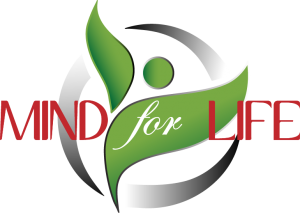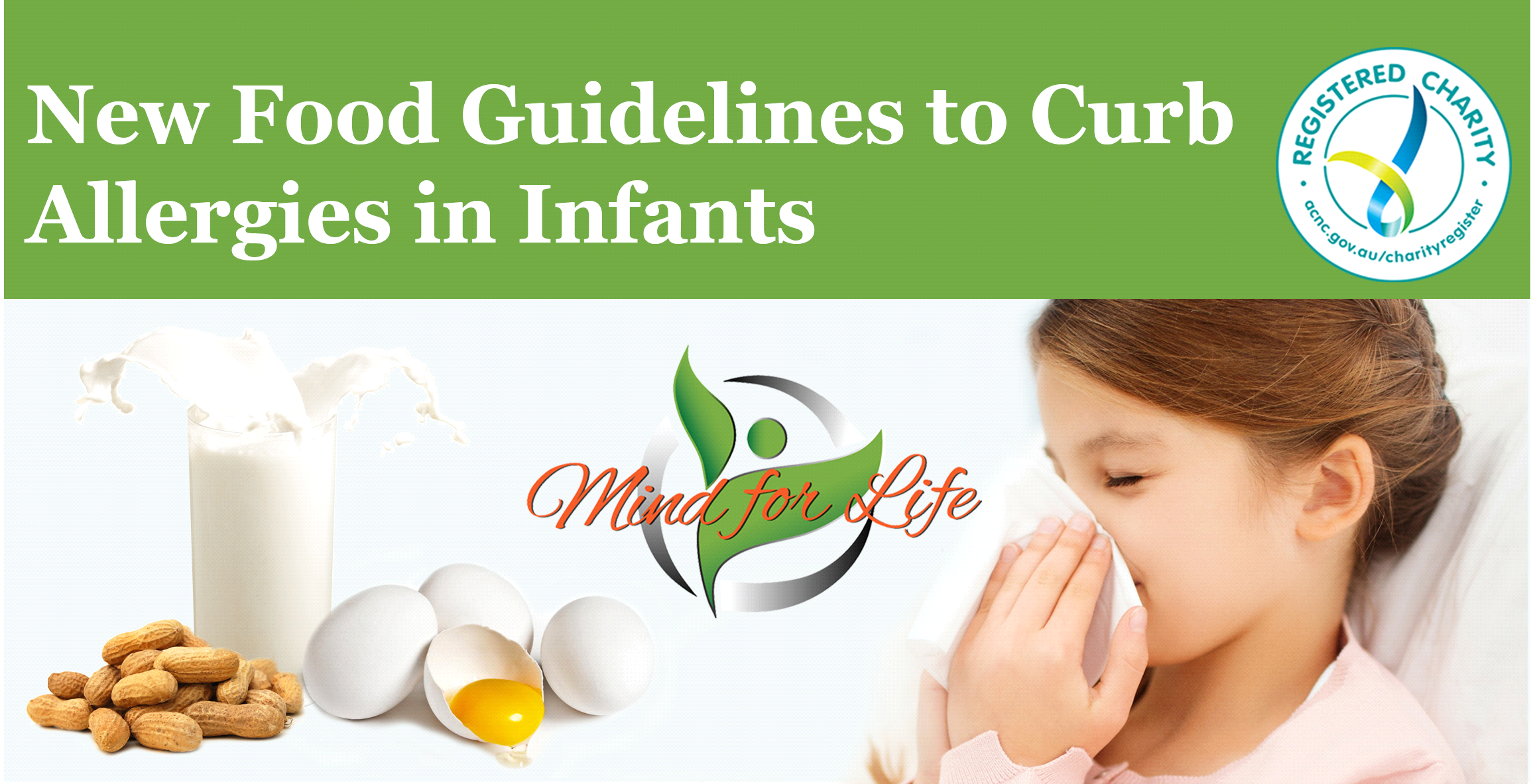Guidelines published by the Australian Society of Clinical Immunology and Allergy (ASCIA) state that babies should have egg and peanut included into their diet within their first year of life.
These guidelines were published between 2016 and 2018 in the Medical Journal of Australia. The recommendations include giving children solid foods at 6 months of age, including egg and peanut before 12 months, but only after 4 months.
Hydrolysed formula is no longer considered helpful for the prevention of allergic diseases.
One of the authors of the study, Dr Preeti Joshi, wrote: “food allergy has been increasing in incidence worldwide, with rates in Australia among the highest in the world”.
Joshi wrote that in a Melbourne-based study called HealthNuts, 10 per cent of children under the age of 1 year had a proven food allergy. Egg allergies affected 8.9% of these infants and peanut allergy 3%.
He said that the most common allergens in Australia include egg, cow’s milk, wheat, soy, peanuts, tree nuts, fish and shellfish.
The LEAP (Learning Early About Peanut allergy) study randomly assorted 640 children between the ages of 4 and 11 months who had severe eczema or egg allergy, or both. Children were assigned to either consume or avoid peanut containing foods. After 60 months, a peanut allergy test was conducted. In the peanut avoidance group there were 13.7% of allergy sufferers. In the peanut consumption group, the prevalence of allergy sufferers was just 1.9%.
This research would seem to indicate that introducing peanut into an infant’s diet after 4 months and before 12 months of age is helpful in building immunity to some allergens.
The researchers conducting these surveys are hopeful that this new information can help lower the number of children and adults who suffer from severe allergies.
Dr Joshi and his colleagues recommended that parents consult their family doctor to learn the best ways of introducing egg and peanut products into their child’s diet.
He also stated that: “It is hoped that current ASICIA guidelines will assist in reversing the upward trajectory of early onset allergy disease in Australia, and that further research will continue.”





